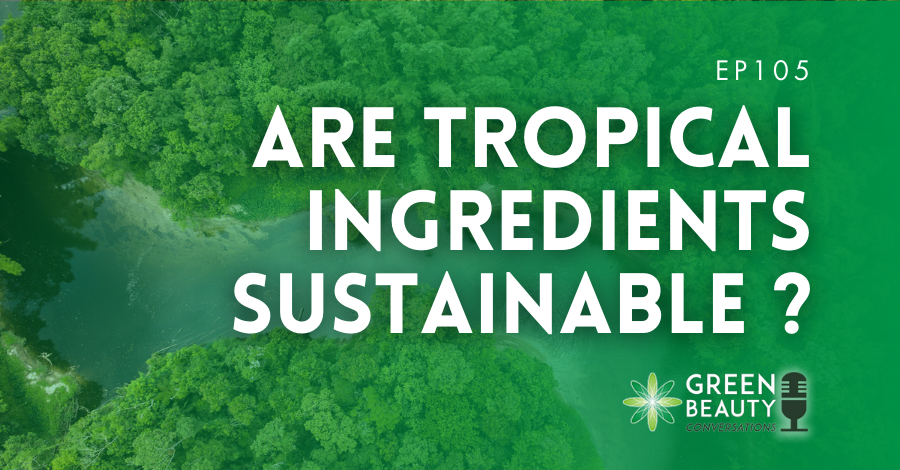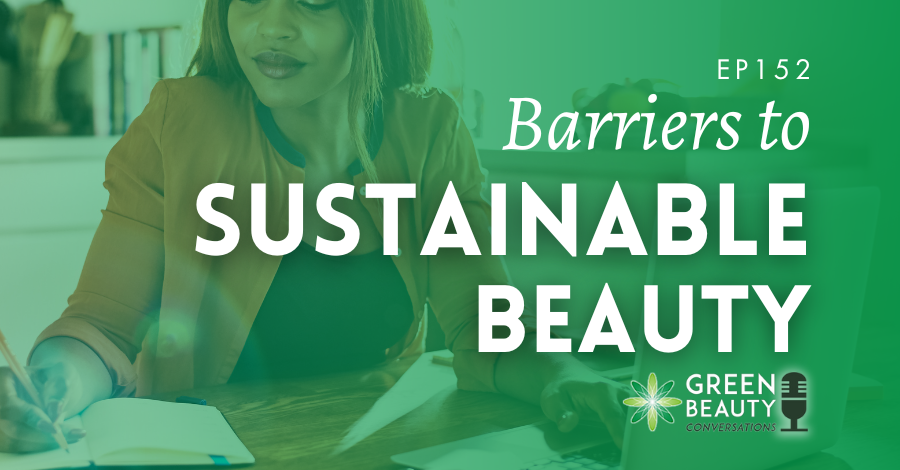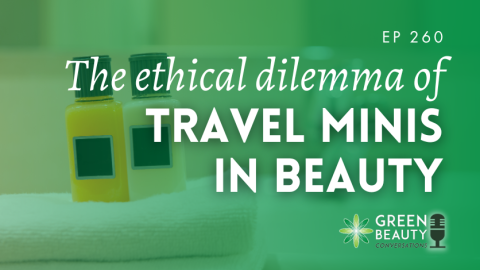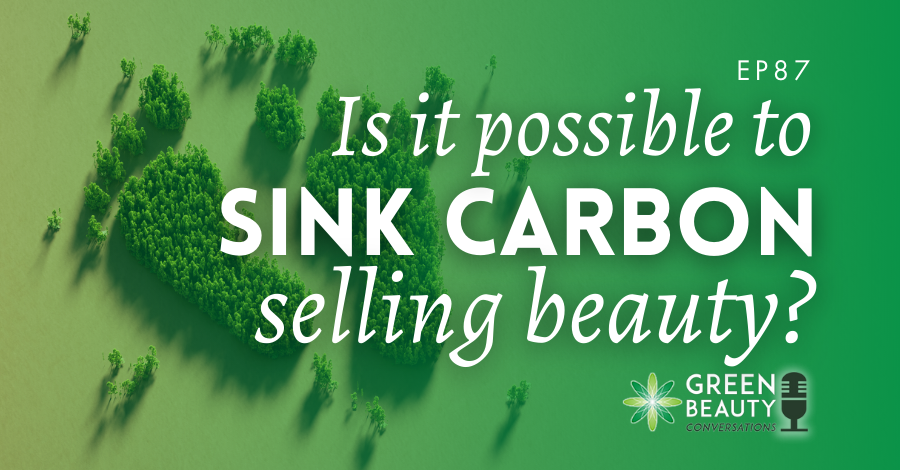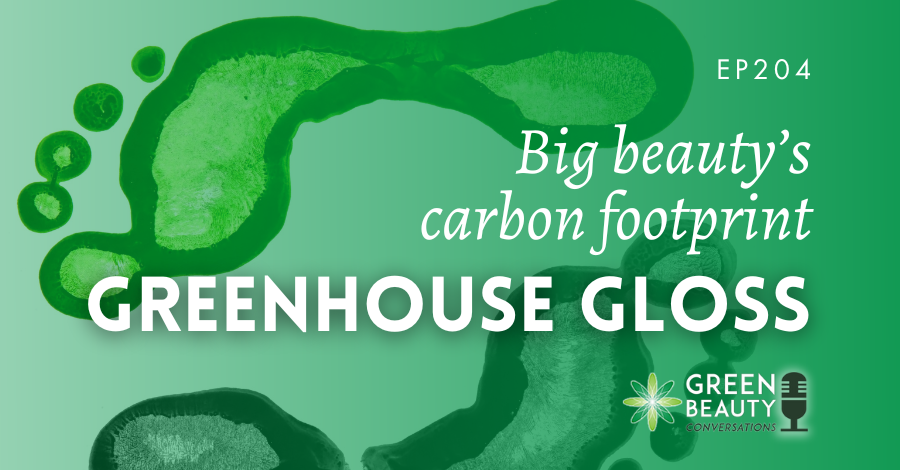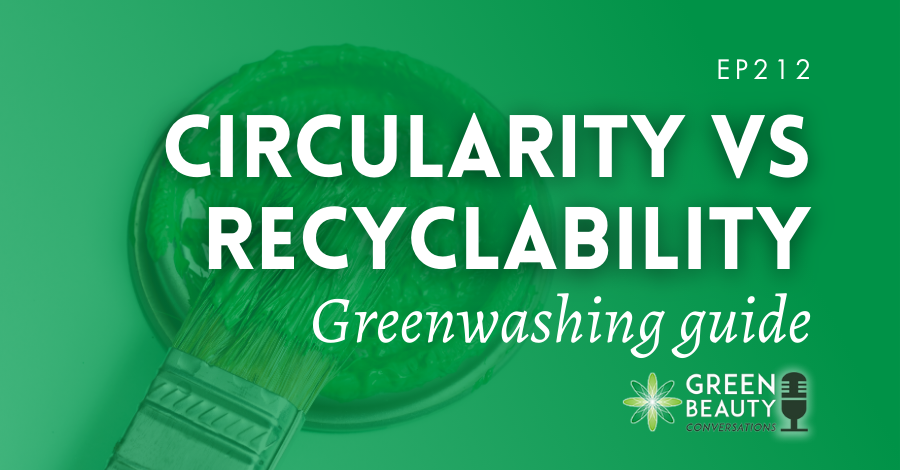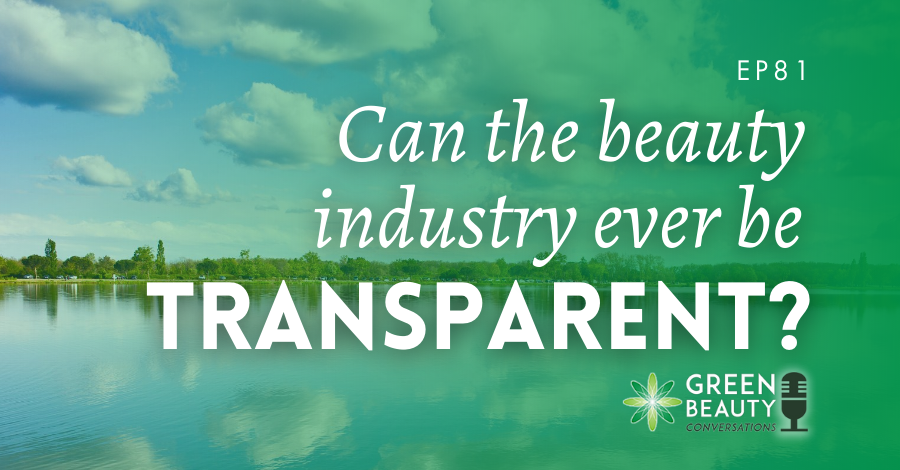The destruction of rainforests – the world’s most bio-diverse ecosystems – and the impact this has on indigenous peoples living in and depending on them, and on global climate change is imprinted vividly in our minds. As a community of indie, organic beauty formulators and entrepreneurs, we are highly aware of the value of tropical habitats. None of us would wish to add to a greater loss of biodiversity nor cause more environmental and societal harm simply by going about our daily business as indie beauty formulators.
Knowing where, how and by whom our natural cosmetic ingredients are grown and harvested and how they travel to us is one of the biggest challenges facing the indie formulator. Today’s beauty consumers too are asking hard questions about the sourcing of cosmetics’ ingredients. Yet, as we discussed before on this podcast, simply boycotting ingredients won’t help sustainability.
In this episode, Formula Botanica CEO and podcast host Lorraine Dallmeier and colleague Ana Green, the School’s Education Manager, discuss some of the many complex arguments underlying the sourcing of natural cosmetics ingredients from at-risk tropical forests and regions.
Should we be using those gorgeous rainforest ingredients in our formulations even if we don’t know how sustainable they are from their source to our skincare pots? Listen in to the nuanced debate to make your own mind up.
@FormulaBotanica podcast tackles the emotive and complex issue of rainforest ingredients in cosmetics. By using them, do we harm or help sustainability in these at-risk regions? #rainforests #sustainablebeauty #sustainablecosmetics Share on X
In this episode on rainforest ingredients, you will hear:
- About the very common list of natural ingredients that we probably use daily in personal care and can’t avoid in other aspects of life that are all sourced in tropical regions. One ingredient might surprise you.
- How and why the use of rainforest ingredients is such an emotive and highly-charged topic, and why we need to drill into a web of complex economic, social and environmental issues to gain the clarity to draw informed conclusions.
- About the three main criticisms of using rainforest ingredients: the environmental and social harm caused by the destruction of rainforests to support cash crop plantations; the carbon footprint incurred through the ‘beauty miles’ tropical ingredients travel; and the fact that rainforests are exploited for the political and economic gain of the few, rather than to protect the sustainable livelihoods of locals.
- Why people tend to latch on to particular rainforest ingredients to name and shame, and potentially boycott, instead of looking at the bigger picture and the global corporate and economic models that drive demand for and exploit these ingredients unsustainably.
Key takeouts include:
- Sustainability is complex and in sourcing rainforest ingredients we need to ask questions also about the supply chains involved.
- Blanket boycotts of ingredients can harm local livelihoods. Many ingredients can be sourced by and support locals sustainably. One indigenous leader in the Brazilian Amazon said that it is possible to produce responsibly and not damage the Amazon one more inch.
- We cannot vilify ingredients such as palm oil without understanding the impact on sustainability of alternative crops. Palm oil is everywhere in our everyday lives, not just in cosmetics. Solving the palm plantation issue requires a global response from multiple stakeholders across many industries.
- Opting to buy local ingredients – which depending on where you live, may include rainforest ingredients too – is not the simple answer it seems to striving for sustainable sourcing.
If you enjoyed this discussion, you might also like to listen to these episodes covering sustainability in the beauty industry:
Why we need responsible mica in cosmetics
Innovative beauty packaging with mushrooms and seeds
Biodegradable beauty: a license to greenwash the beauty industry?
Top sustainability challenges and concerns for the beauty industry
Are indie brands falling behind on sustainabiity?
Can a beauty brand ever be carbon neutral?
Thank you for joining us for this episode of the Formula Botanica Green Beauty Conversations podcast. If you enjoyed listening, please share, subscribe and review this episode on Apple Podcasts, Spotify or Youtube so that more people can enjoy the show. Don’t forget to follow and connect with us on Facebook and Instagram.
FREE TRAINING
Learn how to become an
Organic Skincare Formulator
FREE TRAINING
How to become an
Organic Skincare Entrepreneur
FREE TRAINING
How to become an
Organic Skincare Entrepreneur
Leave us a comment
Lorraine Dallmeier is a Biologist, Chartered Environmentalist and the CEO of Formula Botanica, the award-winning online organic cosmetic science school. Read more about Lorraine and the Formula Botanica Team.

